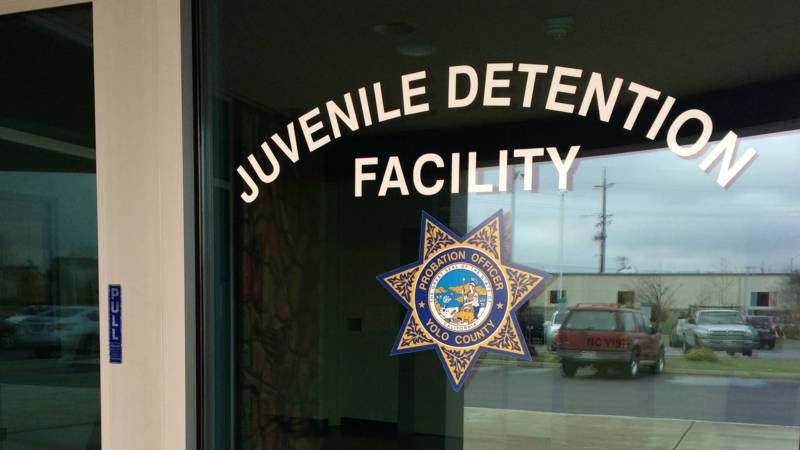In San Joaquin County, that shift has resulted in a significant increase in the number of youths being sentenced to the juvenile equivalent of state prison in California, known as the Division of Juvenile Justice (DJJ).
Before the ballot measure passed, San Joaquin County had 20 youths serving time in adult prison — more than any other county in California.
"Prior to Prop. 57, we sent very few youths to DJJ out of juvenile court because, for the most part, those that committed serious offenses were being tried as adults," said San Joaquin Probation Chief Stephanie James.
"After Prop. 57 passed, what we have seen is less youth being tried as adults and we've seen more youth staying in the juvenile court system," James said.
The number of teenagers being sentenced to DJJ from San Joaquin County went from zero in 2016, to five in 2017, to 15 in 2018.
Most prosecutors in California opposed Prop. 57. But San Joaquin District Attorney Tori Verber Salazar said the legislation has forced her county to re-think how it places youth offenders.
Now, Verber Salazar said, they weigh factors beyond just public safety and victims’ rights when they charge a teenager with a crime.
"What 57 did was allow us the opportunity to look at the individual, the youth that's involved, and take a look at their history," she said.
The changes brought by Prop. 57 haven't happened in a vacuum — the state has approved a slew of other major juvenile justice reforms in recent years. They include a law that bars prosecutors from charging kids 15 years old and younger as adults; and other legislation that allows young people to stay in DJJ until they are 25 years old.
The reforms mean many youth offenders now have a second chance, instead of an open-ended sentence in adult prison, according to California's top juvenile justice official.
"Many of the youth who are at DJJ today are here because the alternative was prison," said Chuck Supple, director of the state Division of Juvenile Justice.
"The alternative was a 10 to life, 20 to life, 30 to life sentence," Supple said. "Somebody felt — the judge felt — that this young person deserved a second chance to make some changes that are gonna keep them out of the criminal justice system for good."
Many believe that shift — sending fewer youths to adult prison and more to DJJ — is a good thing. But the change also raises concerns that after years of falling population numbers at the state's juvenile lock-ups, there could be an increase.
And some youth advocates say the state should be moving away from DJJ entirely.
Daniel Macallair, director of the Center on Juvenile and Criminal Justice, a San Francisco-based nonprofit, said his organization supported Prop. 57, and is glad to see fewer young people being sentenced to adult prison.
But, Macallair stressed that the state still needs to keep thinking creatively about how to reform the juvenile system even further. He noted that most counties have far newer local juvenile halls, which are also largely empty.
Youths should be housed closer to home, where they can connect with their families and work with organizations in their own communities, to help prepare them for release, Macallair said.
"Close DJJ. The state system now is obsolete, it's archaic, and we have sufficient high security institutions at the local level," he said.
That move would be met by strong opposition by some local officials like James, the San Joaquin County Probation Chief. She says the state has more resources and support to help rehabilitate juveniles accused of violent crimes than most county juvenile halls.
"Probation departments, when appropriate, try and keep youth locally," James said. "The youth that are going to DJJ are really our highest risk and our highest need youth, that really we are not equipped to serve at the local level."
She cited the state's programs for young people convicted of sex crimes, and added that most local juvenile halls were not built to house people for many years.
Gov. Newsom has proposed changing which state department runs DJJ. He wants it moved from the Department of Corrections and Rehabilitation to the state's Health and Human Services Agency. Under the proposal, the division would be renamed as the Department of Youth and Community Restoration.
The governor's budget proposal would require DJJ to retrain its staff to focus on rehabilitation, according to Supple.
"The governor believes that it doesn't make sense to have the juvenile justice system within the adult prison system," Supple said.
